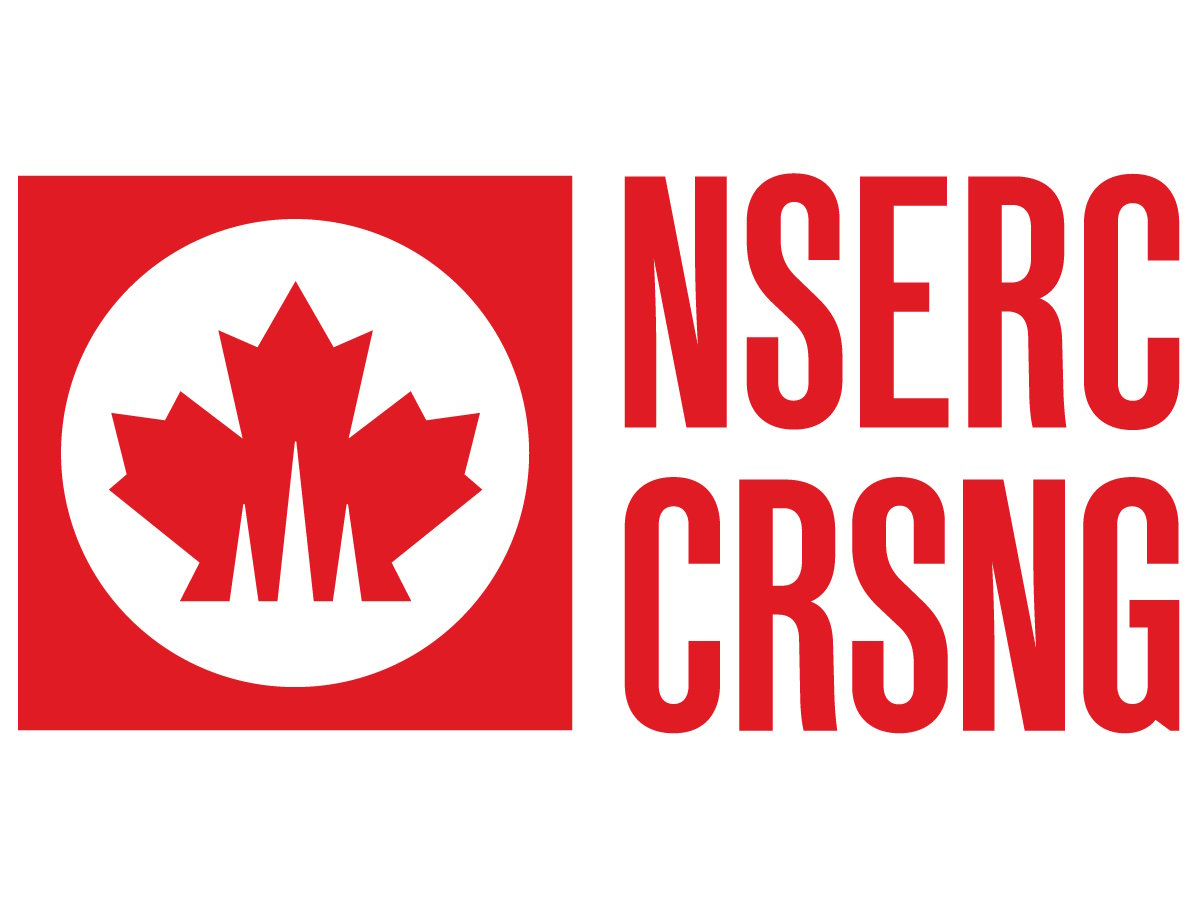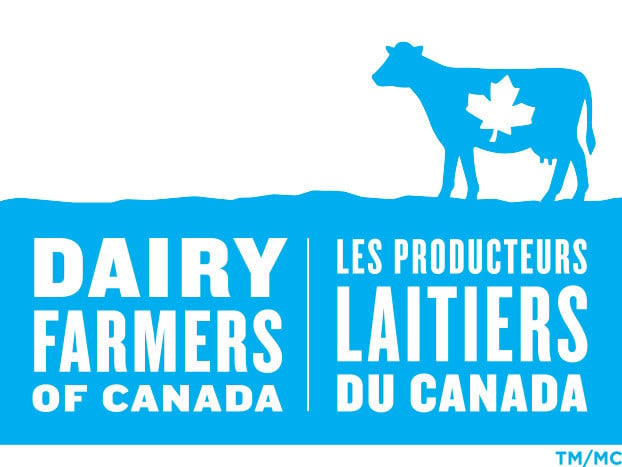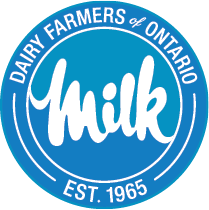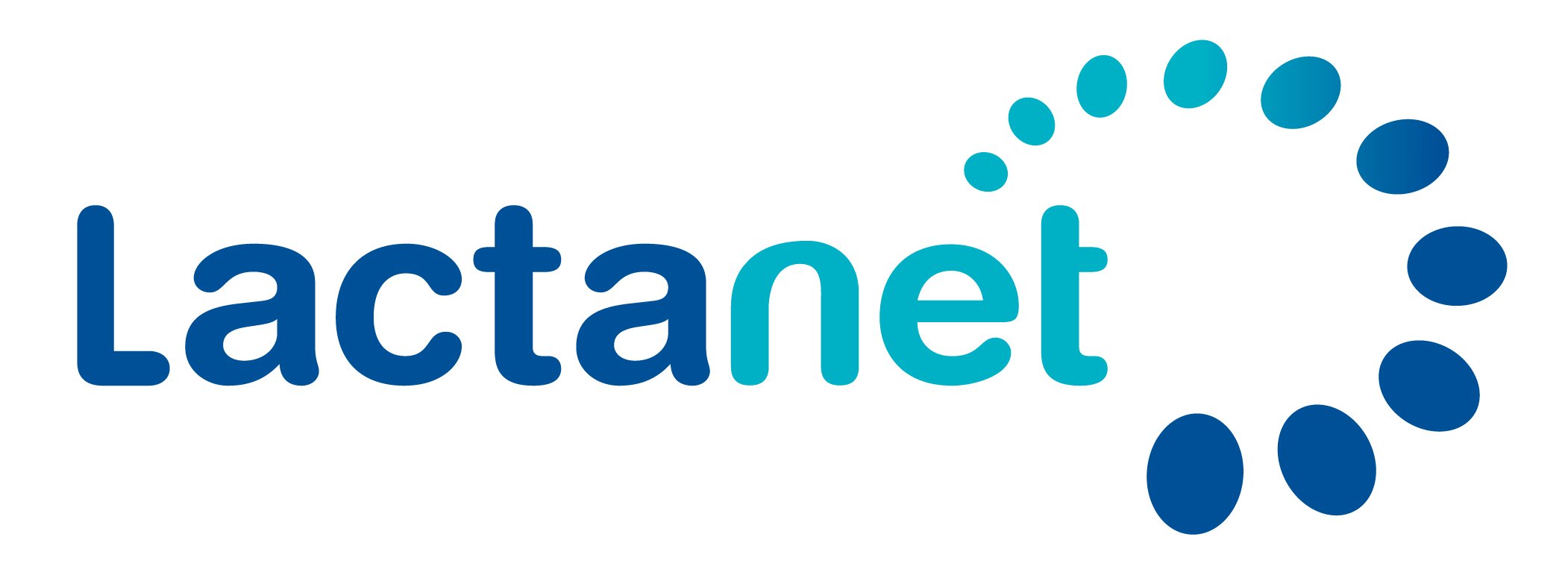
Project overview
Dairy farmers work to continuously improve the health and welfare of their cattle and the quality of the milk they produce to respond to demands from the dairy production value chain. In 2015, a team of researchers from University of Guelph conducted a large survey of Canadian dairy farmers to rank management and disease issues of importance. Animal welfare and reproductive health were the top two.
The overarching goal of this project is to ensure sustainable production of milk from healthy animals by meeting our partners’ needs based on consumers’ expectations under two themes: Sustainable Milk Production and Infectious Disease and Biosecurity.
The work proposed was developed with Dairy Farmers of Ontario, Lactanet, and Veal Farmers of Ontario.
What Will the Research Team Do?
The team will complete 15 studies over 5 years within the two following themes.
Theme 1 - Sustainable Milk Production
- Re-assessment of targets of reproductive performance in the context of health, welfare, economics, and environmental impact.
- We will refine economic models for the Canadian context.
- Optimization of reproductive efficiency using technologies to minimize interventions.
- We are conducting two large studies in commercial herds to identify herd- and cow-level factors for successful reproductive management using automated activity monitors.
- Establishment of an ideal cow phenotype for successful and healthy transition into lactation (the 3 weeks pre- and post-calving, during which cows face many physiological and disease challenges).
- New analyses of pooled data from ten large Canadian studies will provide new insights.
- Development of methods to overcome farmers’ barriers to implementation of Best Management Practices for animal health and welfare.
- Focus groups of dairy farmers provided insights into adoption of best practices for management of lameness, mastitis, animal transportation, and Salmonella Dublin.
- Development of evidence-based treatment decisions for diarrhea, a common disease in dairy calves.
- Two studies revealed criteria to identify calves that may benefit from, or do not require antibiotic therapy.
- Determination of critical control points and economic consequences of calfhood disease and antimicrobial use
- Field studies identified opportunities to better track calf health and measure its long-term effects
Theme 2 - Infectious Disease and Biosecurity
- Development and validation of control programs for enzootic bovine leukosis and Salmonella Dublin which are emerging diseases for which control is poorly developed.
- Intensive studies explored transmission and consequences of these diseases in calves.
- A large multi-year field study is tracking when infections with leukosis occur and will validate control measures.
- Development of a network contact model to validate and enhance infectious disease control strategies, through better tracking of cattle movements between farms.
Principal Investigators
Stephen LeBlanc
University of Guelph
David Renaud
University of Guelph
David Kelton
University of Guelph
Collaborators
Ronaldo Cerri
University of British Columbia
Jocelyn Dubuc
Université de Montréal
Diego Gomez
University of Guelph
Martin Green
University of Nottingham, UK
Amy Greer
University of Guelph
Henk Hogeveen
Wageningen University, The Netherlands
Caroline Ritter
University of Prince Edward Island
Frank Van der Meer
University of Calgary
Key Words
- Reproduction, antimicrobial stewardship, infectious diseases, biosecurity
Period: 2022-2027
Budget: $4M
Last Updated: December 09, 2024
Project Publications
-
Edwards, K.Y., S.J. LeBlanc, T.J. DeVries, M.A. Steele, J.H.C. Costa, D.L. Renaud. 2023. Barriers to recording calf health data on dairy farms in Ontario. JDS Commun. 5(1):42-46.
https://doi.org/10.3168/jdsc.2023-0398 -
Brunt, M.W., C. Ritter, D.L. Renaud, S.J. LeBlanc, D.F. Kelton. 2024. Awareness and perceived barriers to the adoption of best management practices for the transportation of lactating cull dairy cows of dairy producers in Ontario. J. Dairy Sci.
https://doi.org/10.3168/jds.2024-25138



